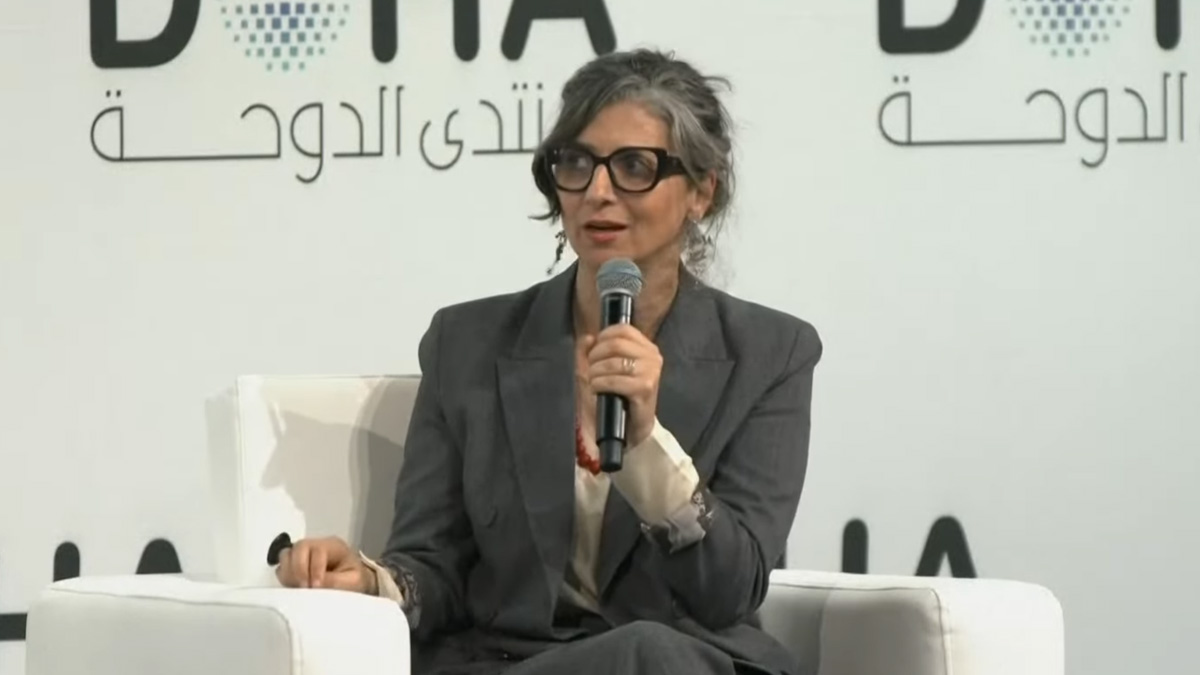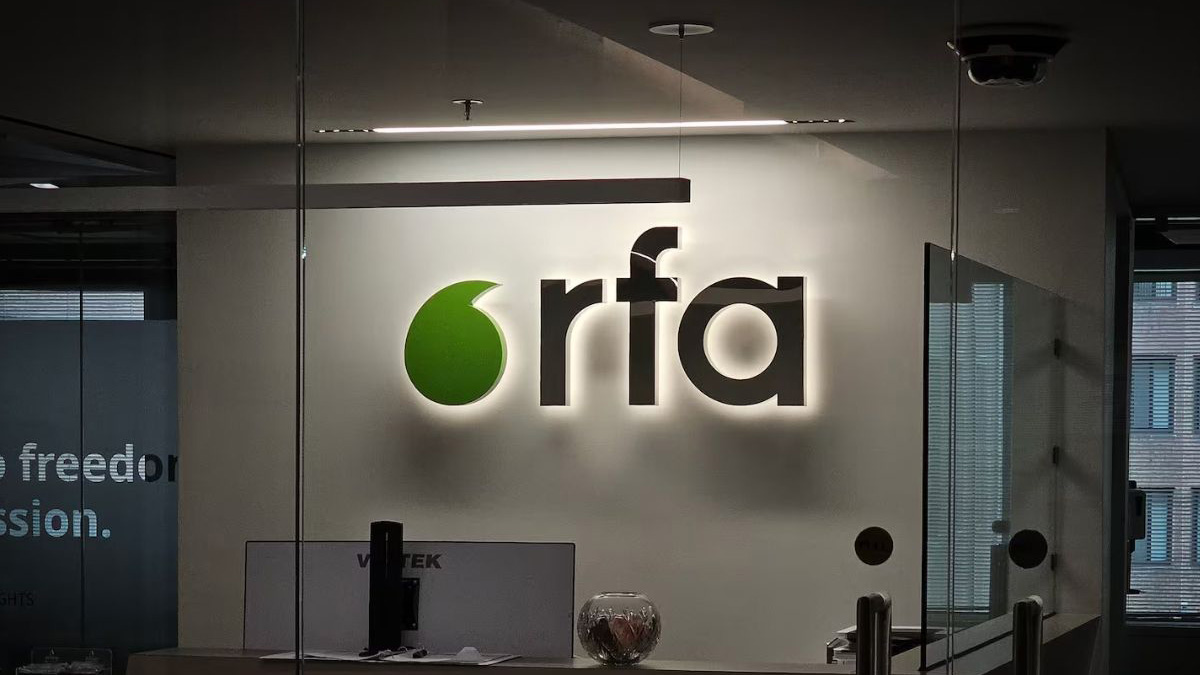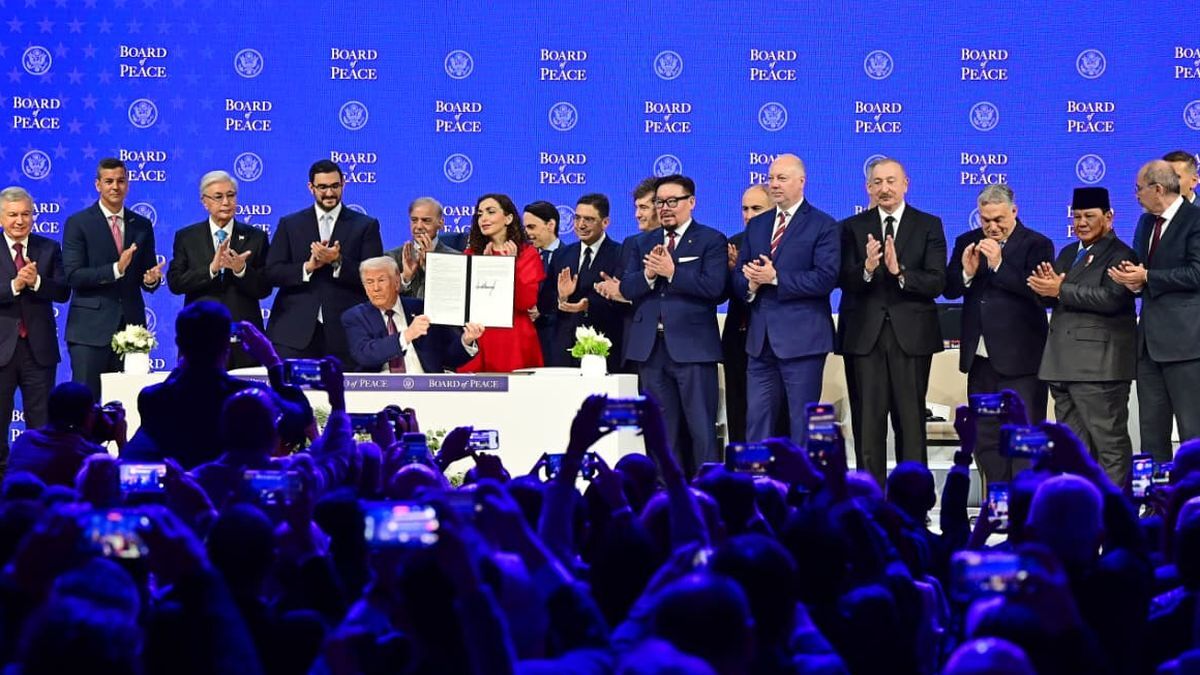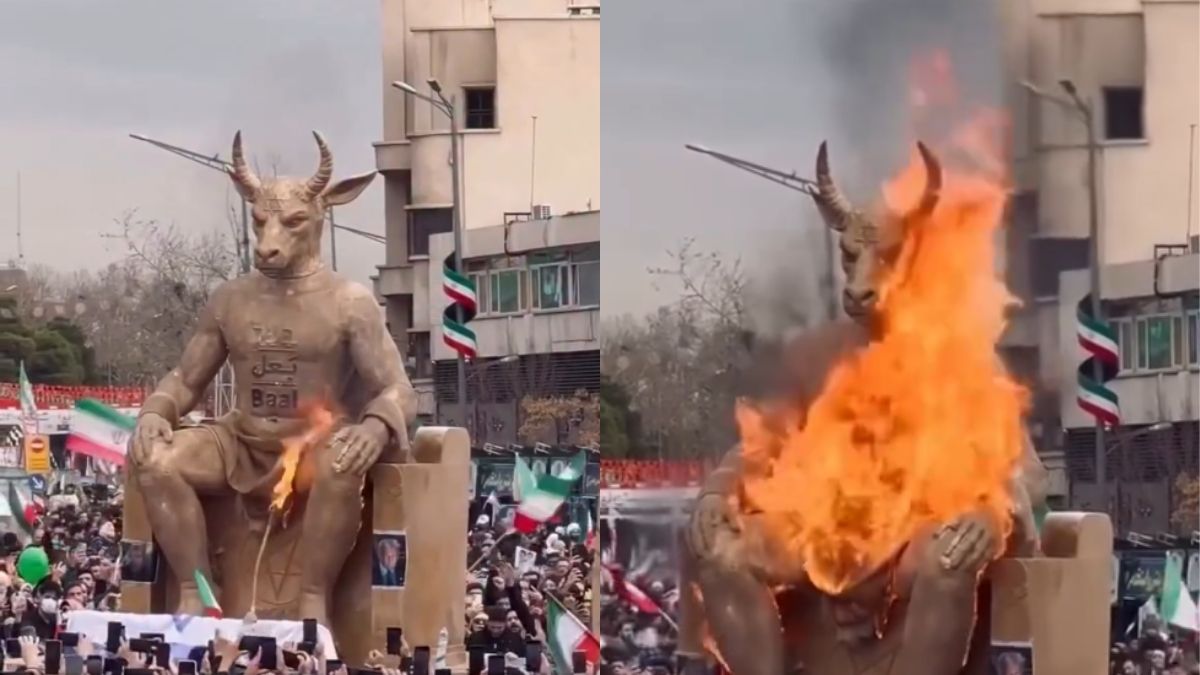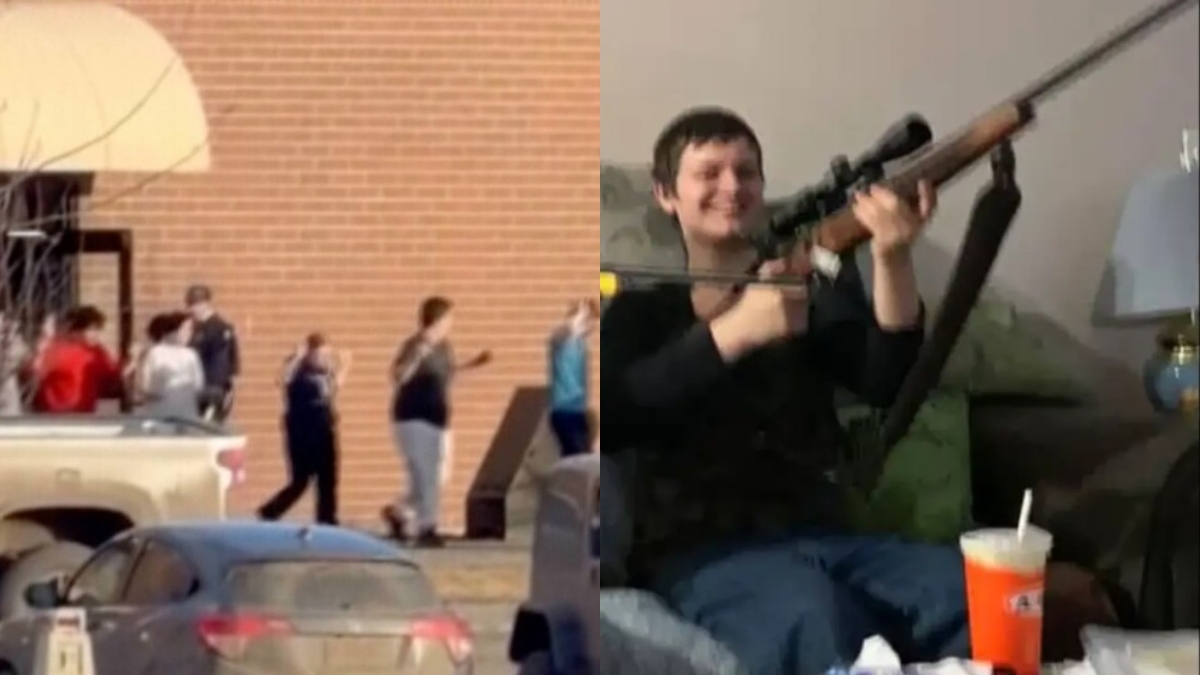Israeli army faces war crimes probe over alleged shootings at Gaza aid sites
An investigative report by Israeli newspaper Haaretz alleges Israeli soldiers were ordered to fire on unarmed Palestinians at Gaza food distribution sites, with some troops describing the areas as “killing fields”. The army denies deliberate targeting of civilians, but investigations have been launched amid international outrage.
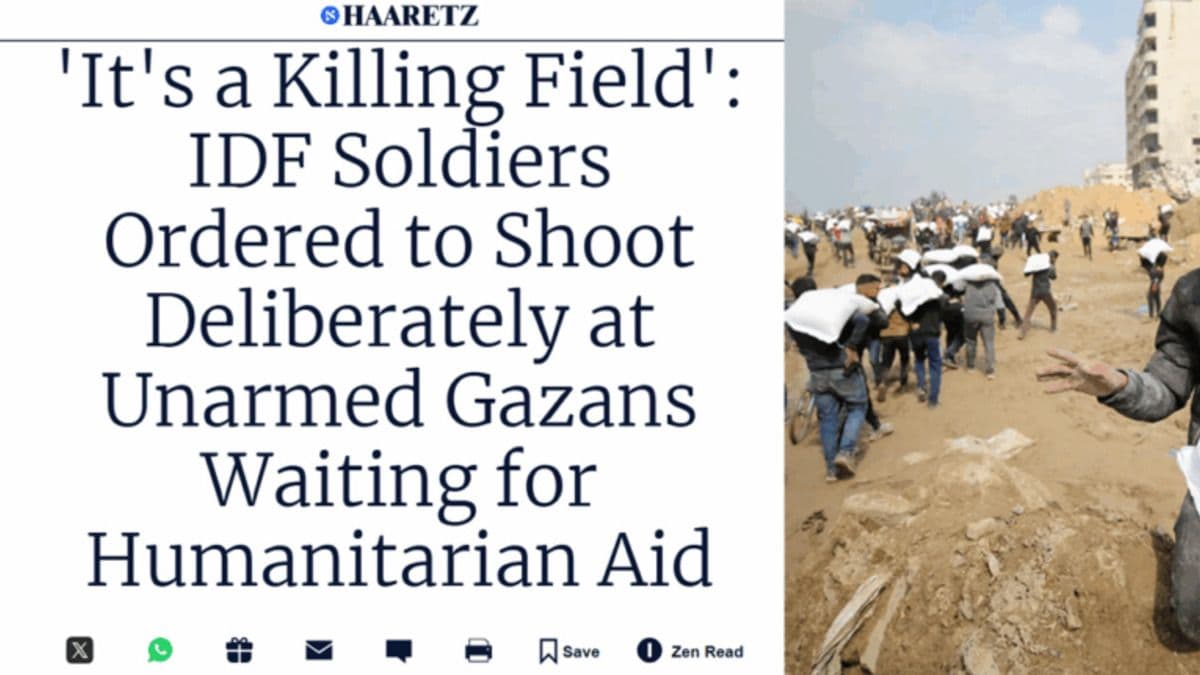
- Haaretz investigation alleges Israeli soldiers were ordered to fire on unarmed Palestinians at Gaza aid distribution sites, calling them “killing fields.”
- Israel denies deliberate targeting of civilians but has launched an internal probe after international criticism.
- Aid agencies, including MSF and the WHO, warn of “weaponised aid,” worsening shortages, and patterns consistent with genocide.
Israeli soldiers deployed at aid distribution sites in Gaza were allegedly ordered to fire on unarmed civilians seeking food, according to an investigative report by Haaretz published in late June 2025.
The report cites unnamed Israeli soldiers who described the systematic use of machine guns and grenades to disperse crowds around food aid convoys. Some troops reportedly referred to the sites as “killing fields”, claiming between one and five people were killed daily in certain areas.
Accounts included incidents where Palestinians were shot even when they posed no direct threat. Soldiers said civilians advancing under heavy fog were at times deliberately targeted.
Military denies allegations
The Israeli Defence Forces (IDF) strongly denied the allegations. In a statement, the army said it did not recognise “any deliberate fire towards civilians” and emphasised that soldiers operate under strict rules of engagement designed to avoid harming innocents.
The statement added that any violations of law or military directives would be thoroughly investigated. Prime Minister Benjamin Netanyahu and Defence Minister Israel Katz rejected the claims as a “blood libel”, defending the IDF’s conduct as lawful and restrained.
Internal investigation launched
Following the Haaretz revelations, Israel’s Military Advocate General instructed the General Staff’s Fact-Finding Assessment Mechanism to open an investigation. The probe will examine alleged war crimes committed at food distribution points managed by the Gaza Humanitarian Foundation (GHF), a joint initiative backed by Israel and the United States.
According to the Gaza Government Media Office, at least 549 Palestinians have been killed and 4,066 injured at GHF aid sites since May 2025. Medics report frequent shootings as thousands of desperate residents gather to access limited supplies.
Médecins Sans Frontières condemns ‘weaponisation of aid’
International aid agencies have issued scathing criticism of Israel’s approach to humanitarian relief. Médecins Sans Frontières (MSF) said in a statement on 23 June that Israel’s restrictions on medical and food supplies amounted to “deliberate and inhumane” tactics.
The statement followed a deadly attack near an aid site in Khan Younis that killed more than 51 people and injured over 200. MSF’s emergency coordinator in Gaza, Aitor Zabalgogeazkoa, said:
“The charade of only allowing medical and fuel supplies at the very last-minute ahead of a looming disaster is nothing but a band aid on a gushing wound. The weaponisation of aid must end.”
MSF reported that gunshot wound cases rose by 190% within a week, overwhelming Gaza’s depleted health facilities. Clinics operated without basic supplies such as gauze and essential medications. Fuel shortages crippled hospitals, ambulance services, and water desalination plants.
International organisations respond
The World Health Organisation (WHO) confirmed a mass casualty incident in Khan Younis and noted a broader pattern of violence near food distribution sites.
UN human rights chief Volker Turk accused Israel of “weaponising food” and called for an independent investigation. UNRWA Commissioner-General Philippe Lazzarini warned that Gaza faced a humanitarian catastrophe amid waning global attention.
Critics argue that the GHF, designed to bypass UN agencies and give Israel greater oversight, has fuelled chaos and desperation. Verified footage and eyewitness accounts indicate repeated shootings at civilians queueing for food.
Mounting death toll in Gaza
Since the escalation of the war in October 2023, Gaza’s Health Ministry reports that at least 56,331 Palestinians have been killed and 132,632 injured. The most recent offensive alone has resulted in thousands of deaths within months.
Humanitarian organisations warn that the scale of casualties, combined with the collapse of essential infrastructure, risks triggering famine and mass disease outbreaks.
Allegations of genocide patterns
MSF has gone further in its criticism, stating that its teams in Gaza are witnessing patterns “consistent with genocide.” The group cited what it described as deliberate mass killings, systematic targeting of aid-seekers, and the dismantling of essential systems for civilian survival.
Hospitals reported struggling to keep newborns alive without incubators, while operations were carried out without anaesthetics due to shortages. Fuel scarcity has forced some facilities to shut down entirely.
Israel’s defence and wider context
The Israeli government insists that aid deliveries are facilitated wherever possible and that restrictions are necessary to prevent supplies being diverted to Hamas. Officials argue that militants exploit aid convoys and distribution points as cover for attacks.
However, critics counter that the scale of civilian casualties and shortages cannot be explained solely by security concerns. They argue that the combination of restrictions, targeted strikes near aid sites, and growing reports of shootings suggests a systematic policy of intimidation.
Global reaction and calls for accountability
The allegations have intensified calls for international accountability. Human rights groups are urging the International Criminal Court (ICC) to examine whether Israel’s conduct at aid distribution sites constitutes war crimes.
Several European governments have demanded clarity on the Haaretz report. Diplomats in Brussels said the European Union is monitoring the situation closely and may consider formal action if investigations confirm deliberate targeting of civilians.
The United States, a key backer of the GHF aid initiative, has not commented directly on the allegations but has previously pressed Israel to expand humanitarian access to Gaza.
Gaza on the brink
Aid workers on the ground warn that conditions in Gaza are deteriorating rapidly. With food shortages already severe, further restrictions or violence at distribution sites could tip the enclave into famine.
Residents report having to risk their lives daily to obtain basic rations. “Every trip to the aid site feels like a gamble between feeding my children and not coming back alive,” one Gaza resident told local media.
International agencies warn that without decisive intervention, Gaza’s humanitarian infrastructure may collapse entirely within weeks.


